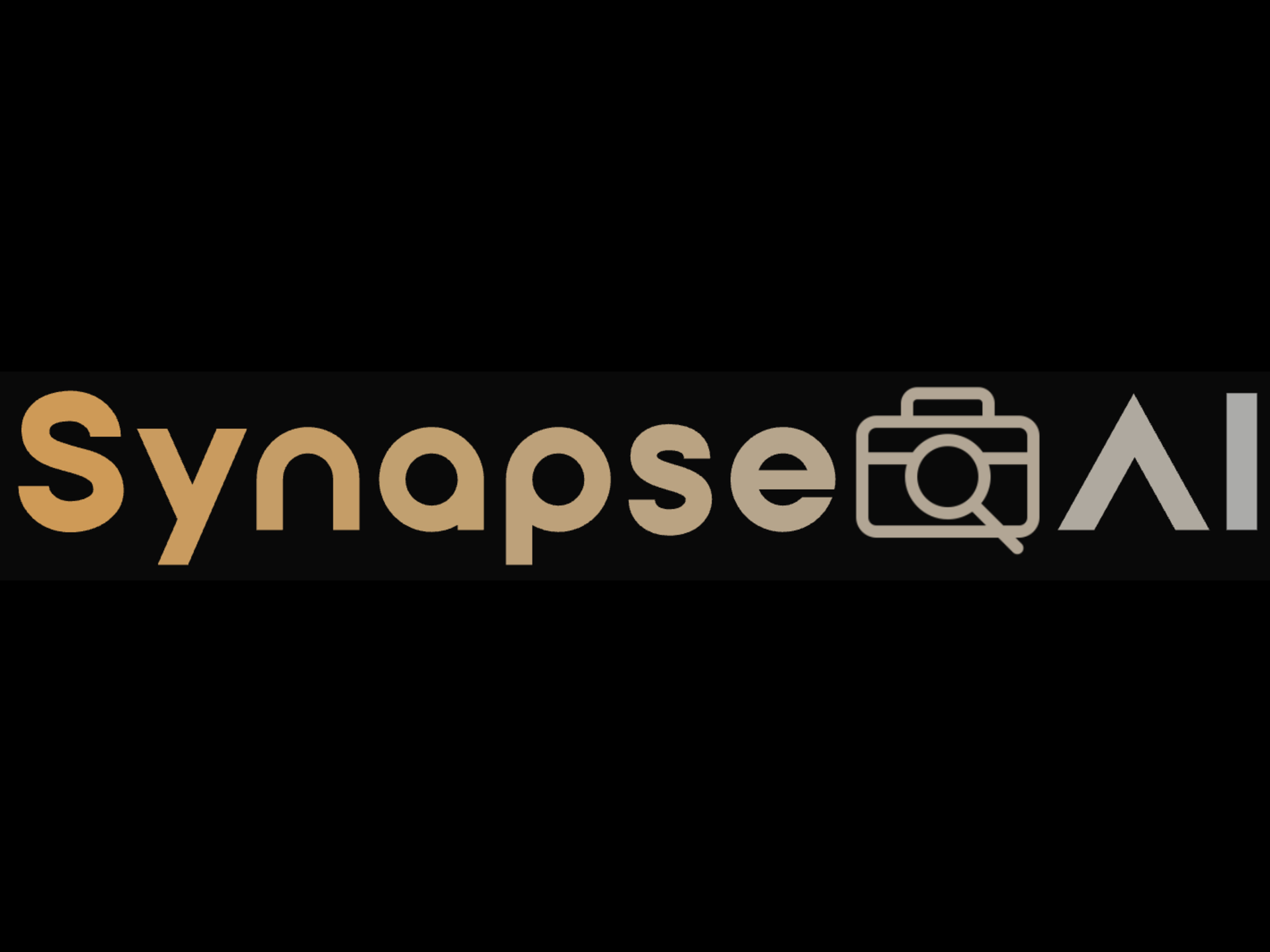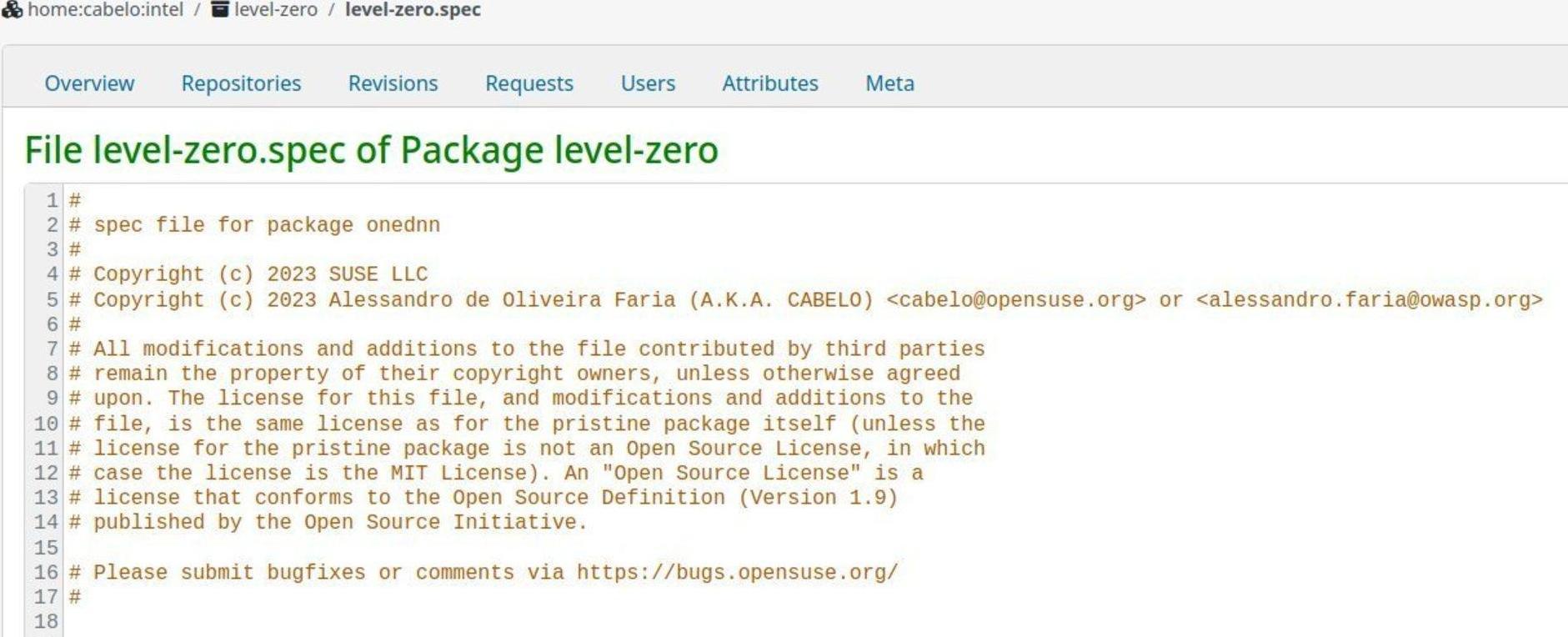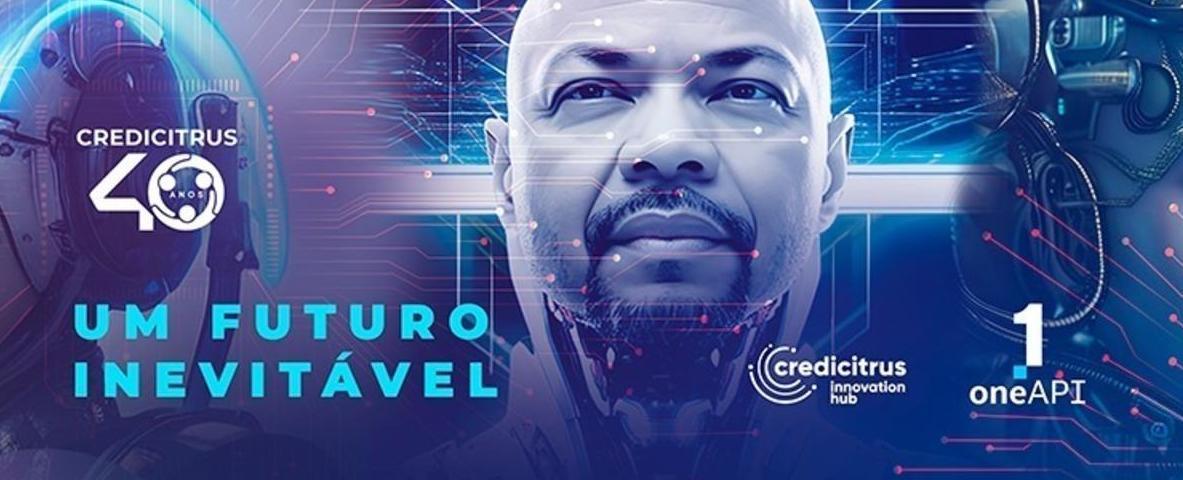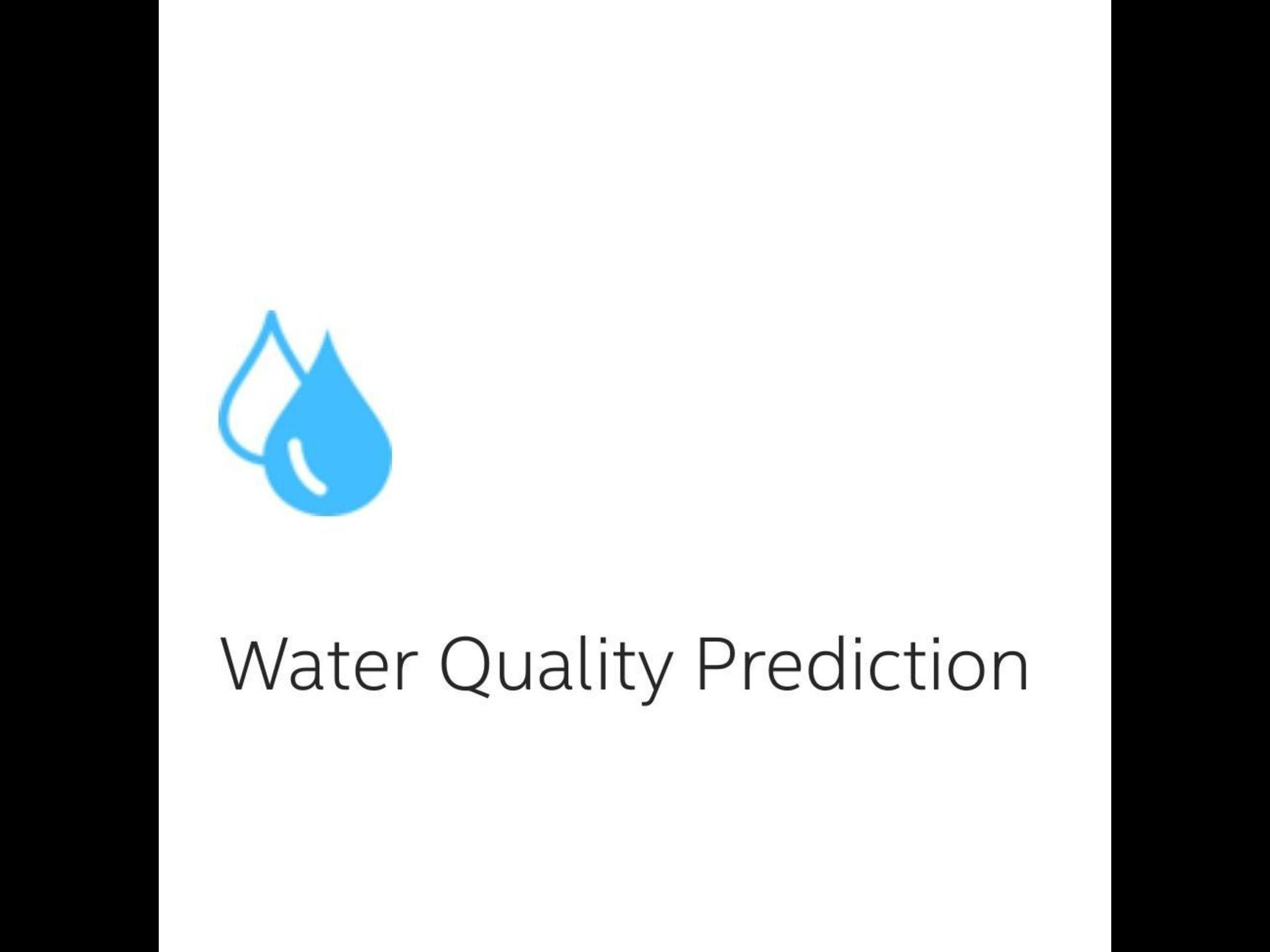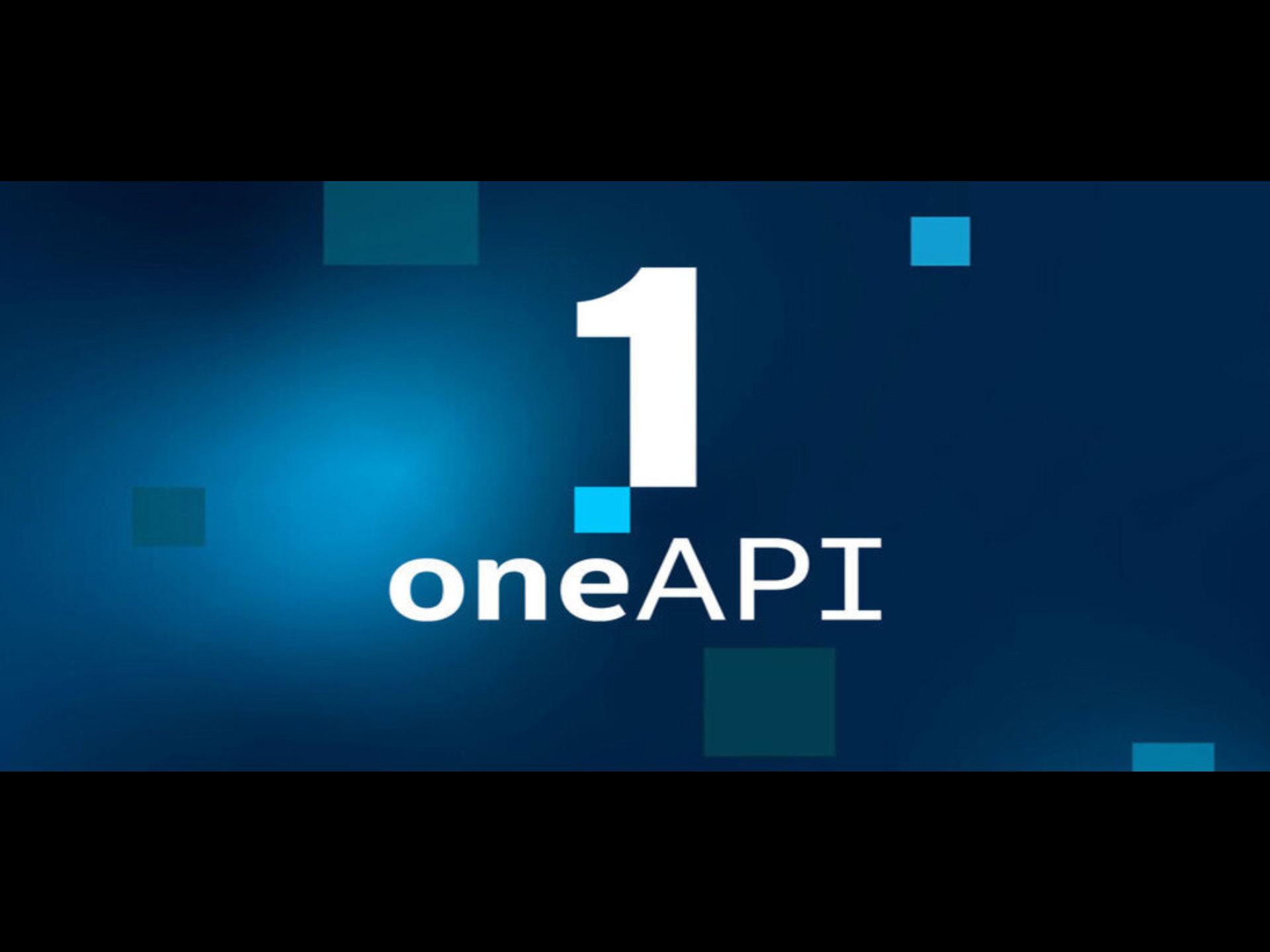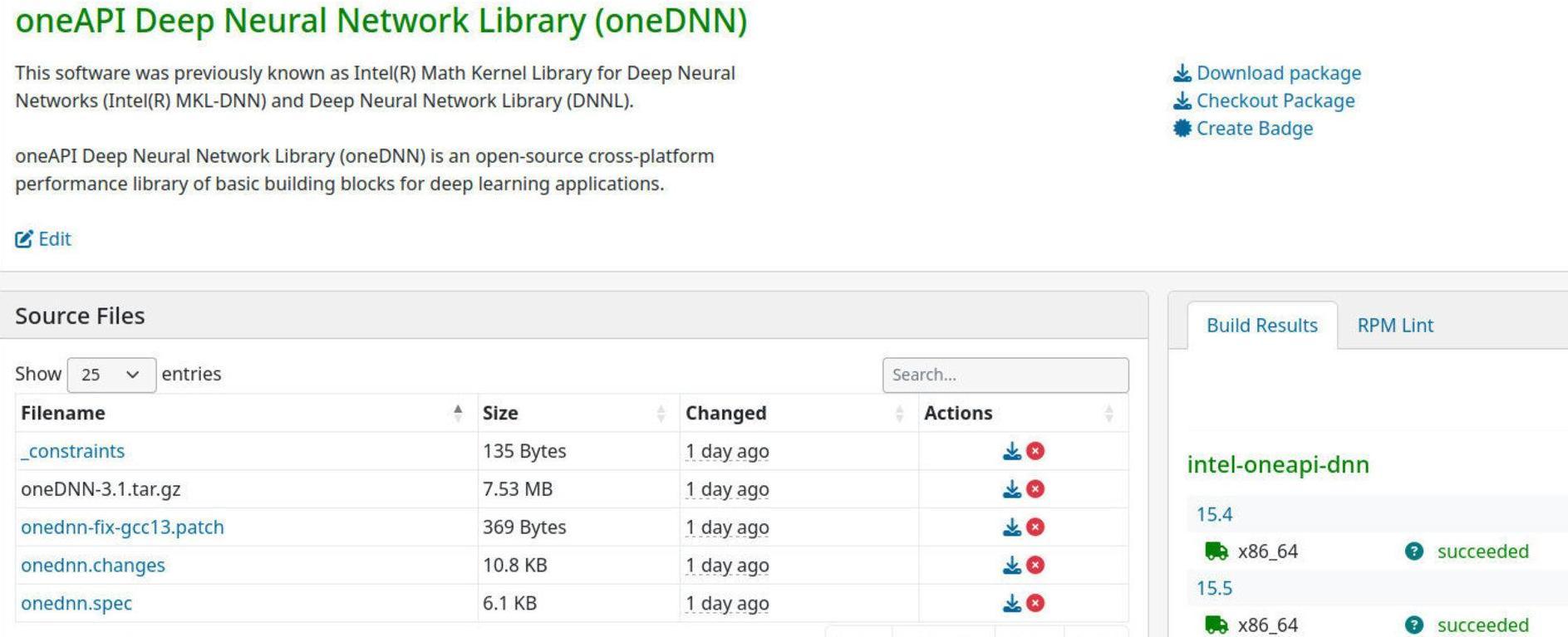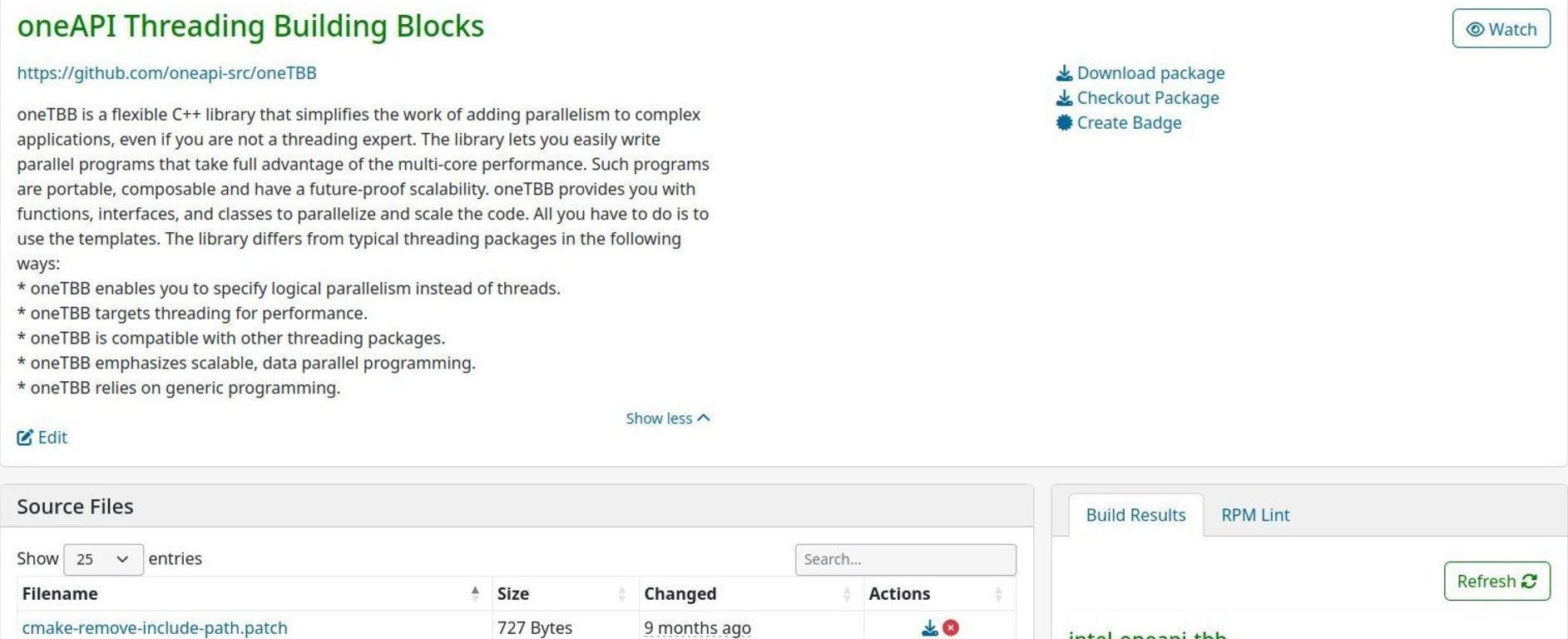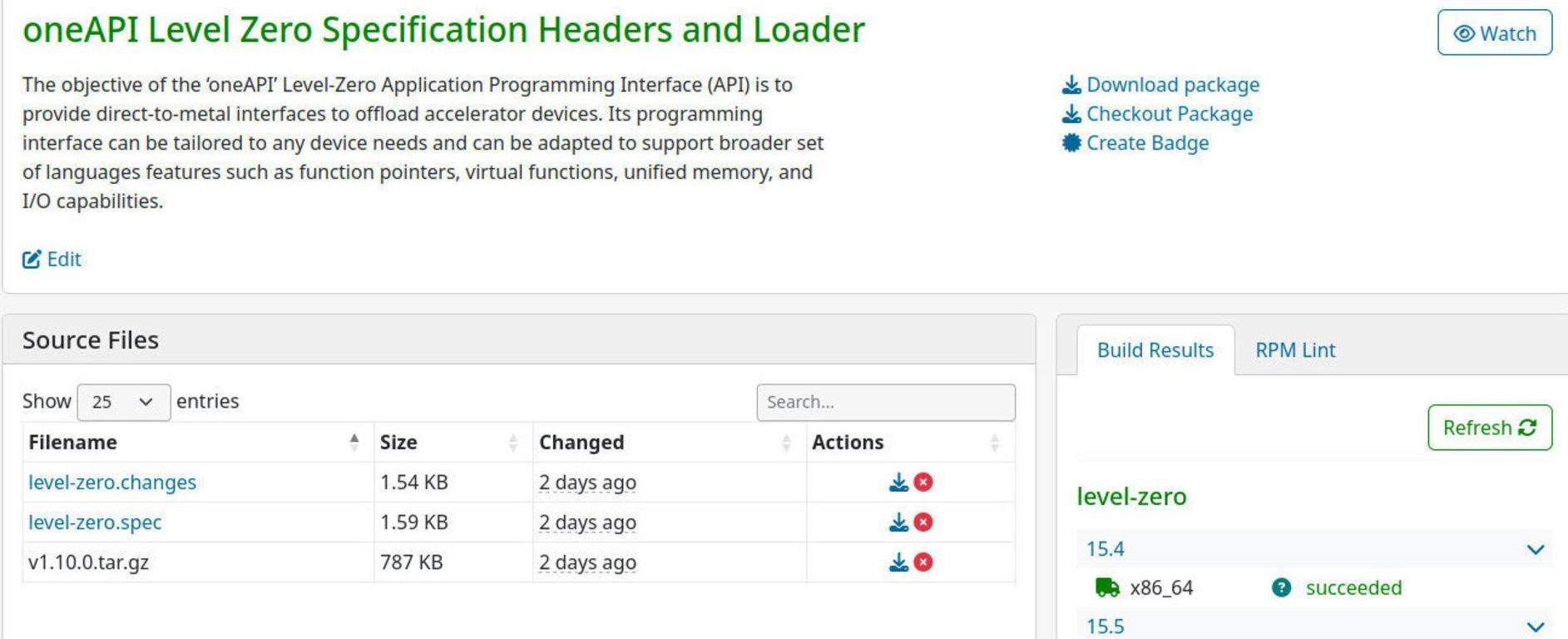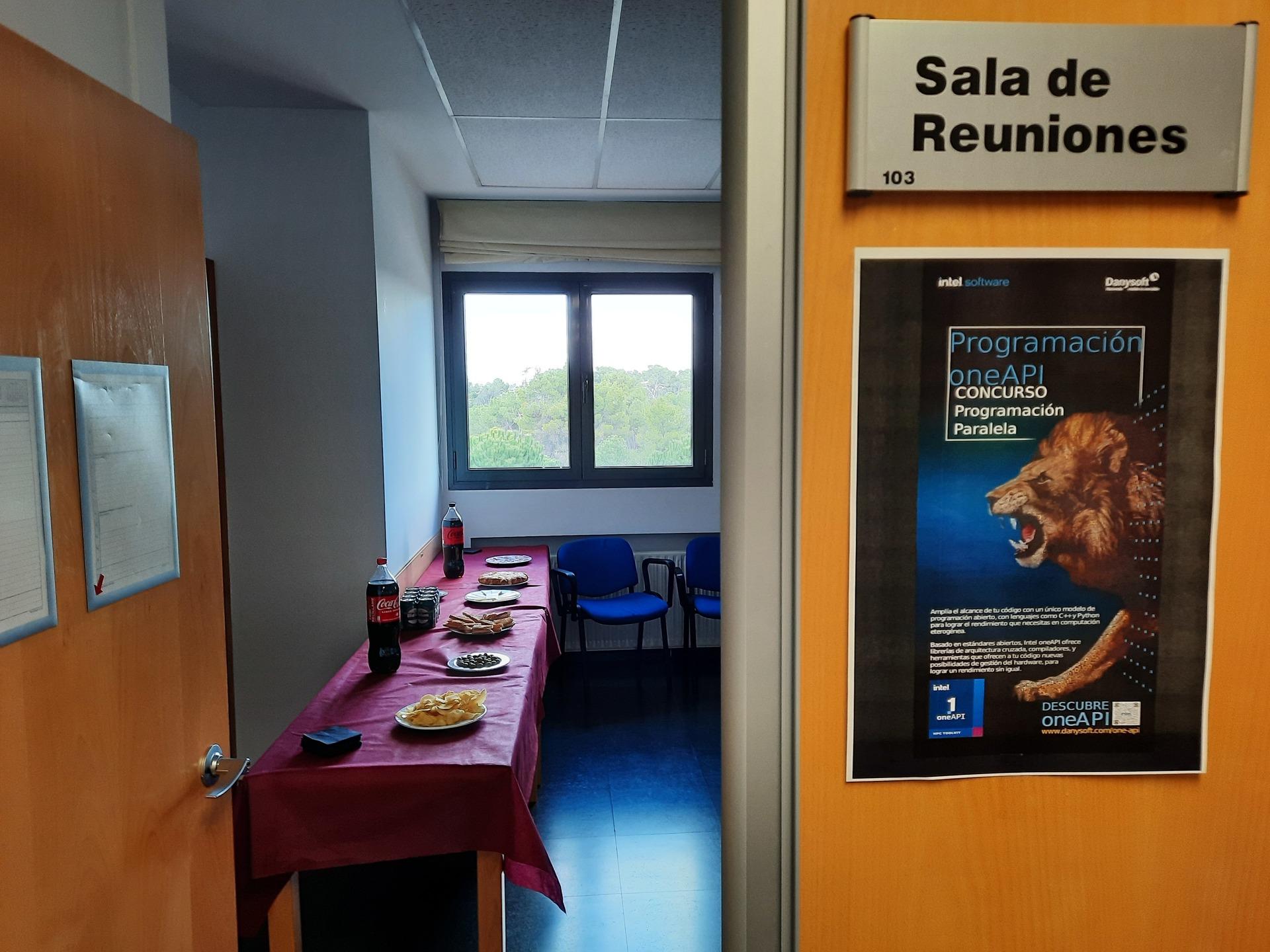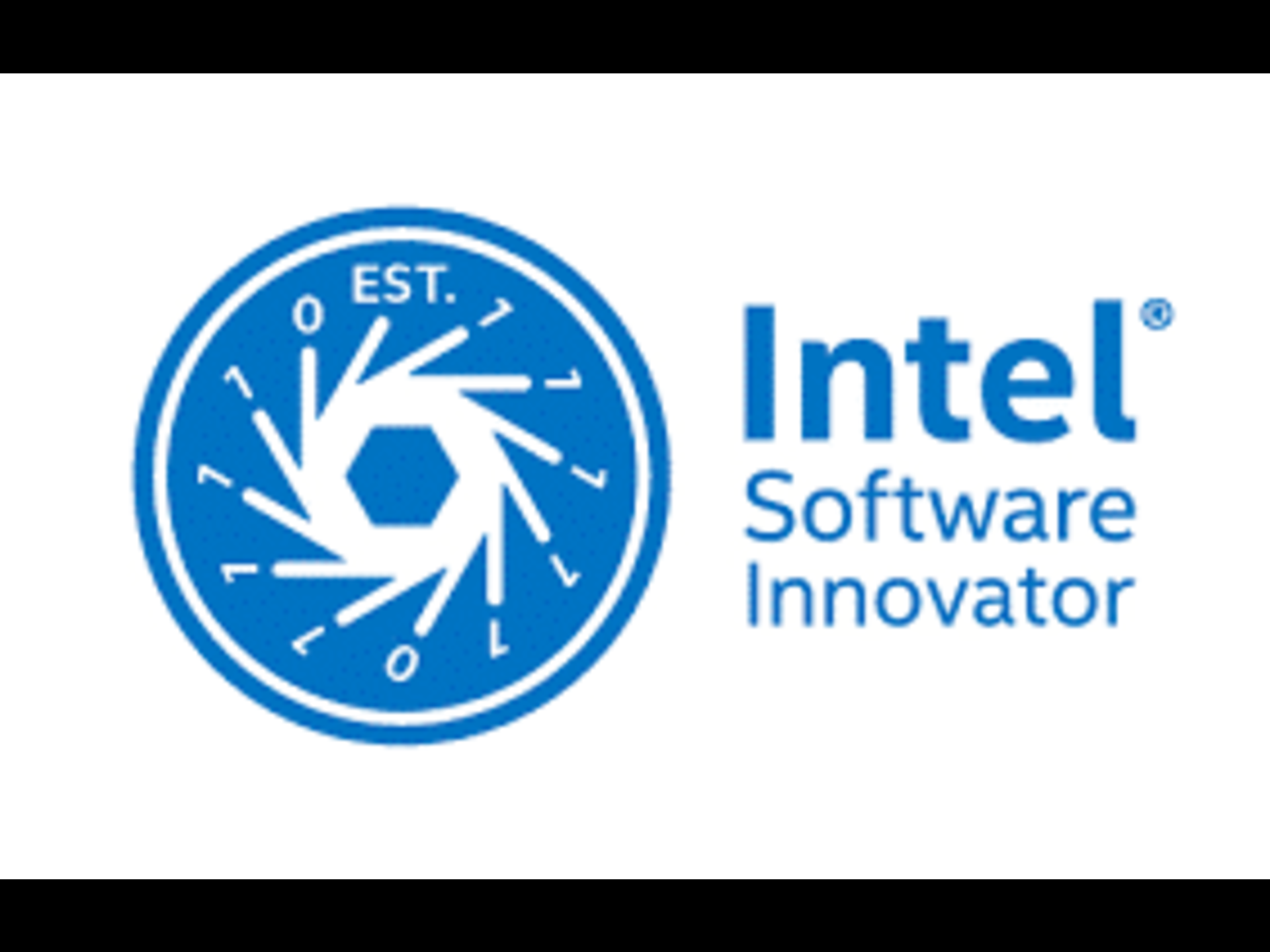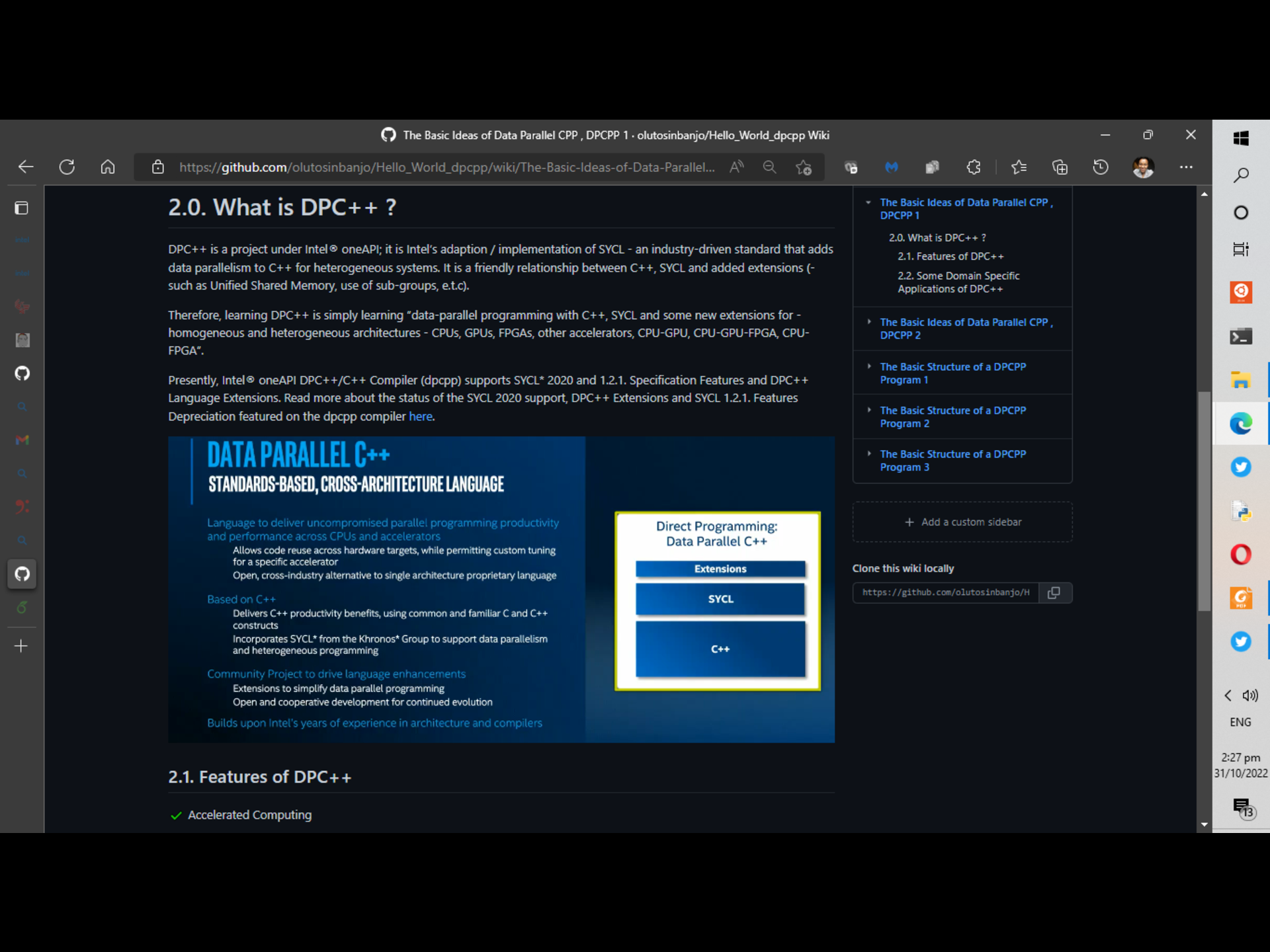This paper is an extension based on my SLE'22 paper, with some exciting parallel computing work added! have a look at https://www.sciencedirect.com/science/article/pii/S0164121224000852 and feel free to dm me!
oneAPI
Deliver uncompromised performance for diverse workloads across multiple architectures.
Our project utilizes AI to streamline the synthesis of research on AI and ethics. By identifying key articles, extracting crucial points, and creating a comprehensive knowledge graph, we provide concise summaries, highlight emerging trends, and address potential limitations. This offers stakeholders valuable insights into the current state of research, saving time and enhancing understanding.
The Smart Classroom Environment Control System utilizes Intel IoT Gateway technology and the OpenVINO toolkit, revolutionizing energy management in educational and corporate settings. It smartly controls lights, AC units, and fans based on real-time occupancy data, significantly reducing energy consumption. This solution not only promotes sustainability but also enhances the learning environment, making it adaptable to various occupancy patterns. By harnessing the power of Intel's technology.
Build the 1.14.0 version (latest) version of the ‘oneAPI’ Level-Zero Application Programming Interface (API) to provide direct-to-metal interfaces to offload accelerator devices. Its programming interface can be tailored to any device needs and can be adapted to support broader set of languages features such as function pointers, virtual functions, unified memory, and I/O capabilities.
In the 40th anniversary event of Credicitrus, one of the highlighted activities was lecture sessions conducted throughout the days of the event in both the morning and afternoon by Alessandro de Oliveira Faria (Intel Innovator). He discussed one of the most exciting emerging technologies: Generative Artificial Intelligence (Generative AI). Moreover, the speaker provided an overview of Intel oneAPI technologies, openVINO, and Edge AI, and illustrated practical applications of Generative AI throug
Using Intel's AI Analytics Toolkit, we tried to predict freshwater quality, achieving an F1 score of 0.81786 with TabNet ensemble models, addressing data challenges and optimizing performance for sustainable water assessment.
The current study focuses on the lack of real-time recognition and response to students' emotional states in classrooms often hinders personalized learning, engagement, and well-being. Therefore, we need an empathetic, privacy-respecting solution that can analyse students' emotional cues for a more supportive learning environment. This study focuses on bridging the gap between Educators understanding about their learners and their social wellbeing in the classroom environment.
Source code to Declarative Data Collections for Portable Performance based on Intel oneAPI
Source code to prototyped library for Collection Skeletons
In today’s fast-paced digital world, the demand for high-performance computing is ever-increasing. To meet these demands, Intel, a renowned leader in the semiconductor industry, has developed a groundbreaking solution known as OneAPI. This unified programming model empowers developers to harness the full potential of parallel computing across a diverse range of hardware platforms.
Real time spray deposition maps for farmers that can be deployed to mobile devices. The realtime deposition map will be powered by a model that ingests data from multiple sources to provide information about the weather conditions, machinery setup and technical chemical application information.
Build and update 3.1 version of the oneAPI Deep Neural Network Library (oneDNN) is an open-source cross-platform performance library of basic building blocks for deep learning applications. oneDNN is part of oneAPI. The library is optimized for Intel(R) Architecture Processors, Intel Processor Graphics and Xe Architecture graphics.
An interactive experience that enhances the real world with computer-generated perceptual information.
Build version 2021.9.0 and update the latest version of the oneTBB is a flexible C++ library that simplifies the work of adding parallelism to complex applications, even if you are not a threading expert. The library lets you easily write parallel programs that take full advantage of the multi-core performance.
Build the 1.10.0 version (latest) version of the ‘oneAPI’ Level-Zero Application Programming Interface (API) to provide direct-to-metal interfaces to offload accelerator devices. Its programming interface can be tailored to any device needs and can be adapted to support broader set of languages features such as function pointers, virtual functions, unified memory, and I/O capabilities.
My name is Soumyadeep Das and I am a student at Techno India University. In this project, I will be exploring a dataset related to House Price Prediction.This challenge is focused on house price prediction in India, where the goal is to accurately predict the prices of properties using 12 influencing factors. For this project, I have utilized the K-Nearest Neighbors (KNN) regression algorithm to predict house prices. This Project is Intel OneAPI optimized. r2 score:-0.89
The "Parallel Programming with oneAPI" workshop saw almost 30 participants learn about parallel programming and Intel's oneAPI. Attendees started with an intro to oneAPI, then optimized codes in a parallel programming competition in a computer lab. The goal was to make code faster with tools like multicores and GPUs. Participants had supervised time for parallelization, then continued working offline. The workshop was a great opportunity to learn about parallel programming and oneAPI.
Running #TornadoVM using the Intel ARC on Windows 11 via MinG64 using the OpenCL Backend.
This article discusses oneAPI Innovator of the Month, Abhishek Nandy, his accomplishments, and more about the oneAPI Innovator Program.
This is a tweet that points to a github repository aimed at teaching the basics of DPC++ to beginners.
This event is being organized by Cyber Security Club Sukkur IBA University with the collaboration of the Computer Science Department, Sukkur IBA Student Council, and MLSA Club Sukkur IBA. The workshop was held in person at Sukkur IBA Main Campus
